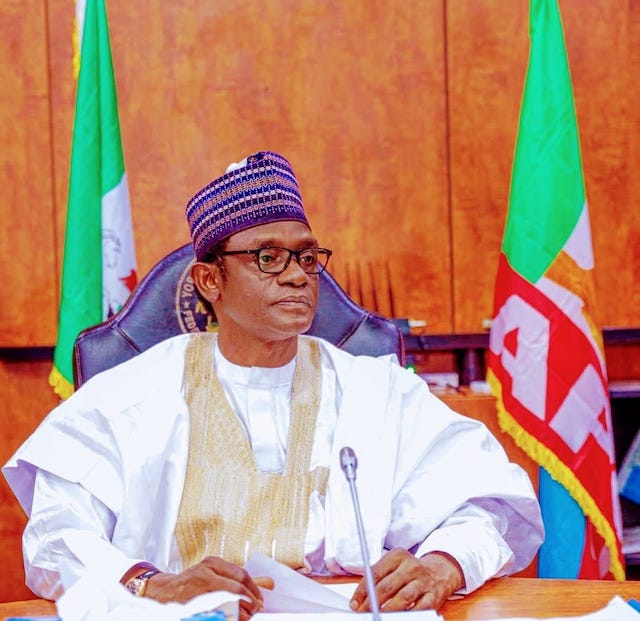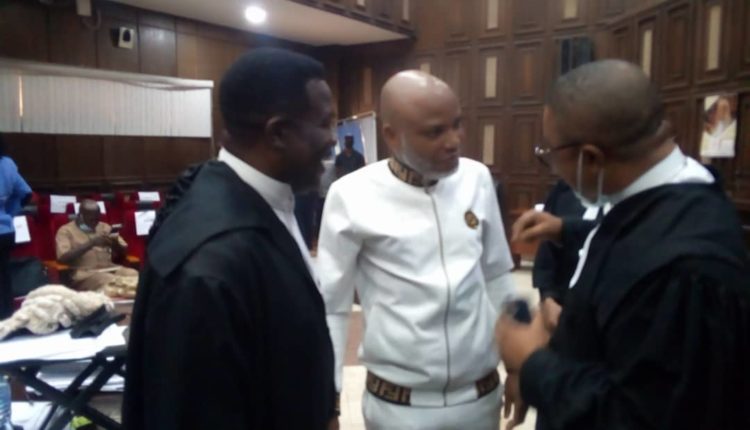Nigeria’s headline inflation rose to 15.63 per cent in December 2021 compared to 15.40 per cent in November.
By Mary Izuaka
Nigeria’s headline inflation rose to 15.63 per cent in December 2021 compared to 15.40 per cent in November, the National Bureau of Statistics announced Monday.
Nigeria’s inflation rate had been on a continuous decline in the past eight months since April 2021.
The statistics office said the prices of goods and services, measured by the Consumer Price Index, increased by 15.63 per cent in December 2021 when compared to December 2020.
“This is 0.13 per cent points lower than the rate recorded in December 2020 (15.75) per cent,” it said.
“This is showing a slowing down in the rate when compared to the corresponding period of 2020.”
But comparing the rate to the year-on-year performance in the previous months shows that the rate has increased.
Speaking on the latest figures with PREMIUM TIMES, Samuel Bamidele, a Lagos-based financial research analyst said, “The rise in December is not surprising because of the December effect. What this implies is that the demand for food items towards the festive period were actually what drove the figure up in December.”
“The inflation figure that was released shows that headline inflation jumped to about 15.63 per cent and this was after inflation had declined for about eight months straight from April to November,” Mr Bamidele said.
He said historically, the December figure year-on-year is always higher because consumption is always on the high side in December because of the festive period and increased spending on household consumables.
“And that’s one of the factors that I think contributed to the rise in inflation in December,” he said.
“However, what is driving food inflation remains a little bit unknown. Of course, the issues around banditry, insecurity and supply chain breakdown have always been identified as major issues.
“The figures declined in recent months. I think we just need to find out what happens in January. If inflation rises again in January then maybe there’s a bit more concern to look at other factors.
“But I expect that the January figure should moderate after the December festive spending,” he said.
“On the final note, inflation declining in recent months is a good signal but is still within the double digits trend which is not good for consumers in terms of the purchasing power and also for any investment return.
“There’s a pass-through of exchange rate on inflation, some of the stability you are seeing in inflation recently is not just traceable to the fact that there’s a lot of effort around managing insecurity and all of that. Not really, I will just say it’s because the exchange rate has been relatively stable in recent months with the CBN intervention.”
He said there could increased inflationary pressure in 2022 based on the government’s planned policies and activities.
“The outlook will still be reviewed uncertain because if the government decides to pull the plug on subsidy in terms of the prices of petrol, electricity tariff and maybe naira is devalued in 2022…



